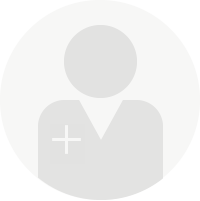Magnetic resonance imaging (MRI) is a noninvasive, painless technology that uses strong magnets, radio waves and a computer to created detailed, 3D images of internal organs and systems. Images are stored on a computer or printed on film.
MRI:
- Doesn’t use X-ray or other potentially harmful radiation, so it’s safer for conditions that need frequent monitoring.
- Has no known side effects. (Rarely, some contrast agents may cause an allergic reaction.)
- Provides better images of soft tissues than CT. (CT may work better for bones.)










